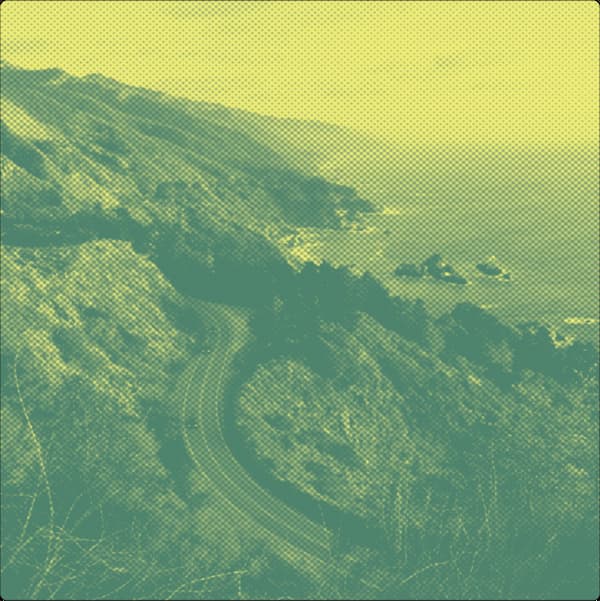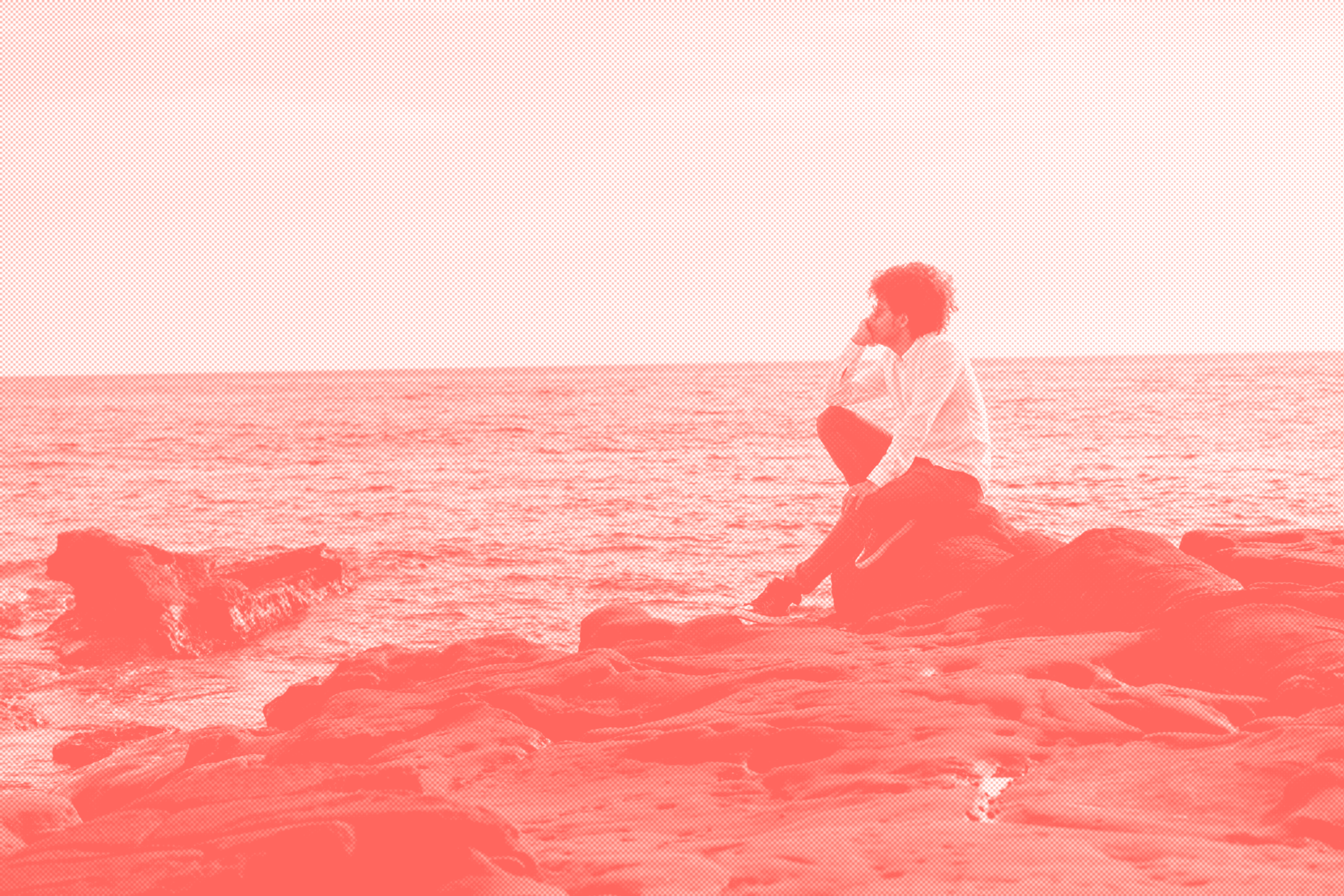By Mark McNeill
Rafael Payare’s California Dream
The San Diego Symphony Music Director sketches an ever-evolving sonic landscape.
San Diego Symphony Music Director Rafael Payare, alongside LA Phil’s Gustavo Dudamel and San Francisco Symphony’s Esa-Pekka Salonen, conceived of the California Festival, a first ever statewide celebration of new music running from November 3-19, 2023. Maestro Payare, like his fellow conductors, is not from California, but the Venezuelan-born conductor finds great inspiration in the creative energy of the Golden State. As the inaugural California Festival kicks off, Rafael Payare shares his viewpoint of the state’s musical trajectory and his hopes for how California’s innovative, sonic spirit might spread worldwide.
Mark McNeill: Can you tell us about your first time in California?
Rafael Payare: My first visit to California was with the Simón Bolívar Orchestra. We were on tour, and we came with Gustavo, to play at Walt Disney Concert Hall, maybe it was 2007. And I remember the whole orchestra was really mesmerized by the beauty of the concert hall but also the pristine blue sky. Because the sky in the Caribbean is blue, but it's a different kind of blue. And, we felt very much at home. I come from Puerto La Cruz on the east coast of Venezuela, so I have always been surrounded by palm trees but not this tall. So, it was wonderful.
MM: How did California differ from your expectations? Is there something unique about the spirit of the music that's made here?
RP: California nurtures your roots, at the same time giving you the freedom to evolve. It's not about needing to assimilate or needing to forget where you come from. You could be as loud or as subdued as you want, and the people here just embrace you for that. It gives you a lot of freedom, and that really sets it apart. And then, of course, you have nature and the wonderful blue sky that allows you to think and dream.
Artists come here and they feel somehow protected, and at the same time they could be who they are. I mean, you have people from a variety of cultures, the palette of things happening here is quite vast. You don't feel the pressure to be in one trend or the other. Very big things are happening, but you don't need to be part of that kind of tornado of many things happening. You could actually just be. And then, of course, when you feel protected, you have time to reflect, flourish, and to evolve. And when you are ready to get out of your shell, people are embracing and if you want to go back to your shell, then they let you be, and that's fantastic. That's why California is always developing—in music, in art, in many different things. It's never static, it's like water. You are never going to be wet by the same body of water, it's always moving. It's very Californian, I have to say, I love it.
MM: What are some of the innovations that have most excited you since you've been here
RP: The different trends in music and how they are experimental. You give a platform for people to do it, and then time will tell if it actually was something real and will stay for history, or it was just something that needed to be done in a specific time. It is always great to experiment, and at the same time have something with essence happen. Time will tell what is going to be a trend or actually become a new genre of music itself.
MM: The leap into the unknown is important. Are there California composers that particularly influence your sonic outlook that you feel, "This is California to me?"
RP: Well, for instance, I got to know the music of Anna Thorvaldsdottir here. She's not from California, but it was actually in California that I got to know her music. Same thing even with Esa-Pekka Salonen’s music. Somehow having his palette of colors in my head, that sounds Californian, I don't know why, I mean, Esa-Pekka is a Finn, you know? But the kind of different colors that you could hear, there's something in the layers, somehow in my head that rings very, very Californian, and there are many other composers that are exploring. And this is why we also wanted to have the California Festival, so we can get to see all of the different talents and things that are happening, and celebrate them. This has been going for decades, but now we are really celebrating and have a spotlight so people will get to know more about it. We learn from each other. I'm sure that after this, many more crazy ideas will come, which is wonderful.
MM: What would be your greatest hope to achieve through the California Festival?
RP: What would be amazing is if this could translate to the rest of, not only the country, but internationally as well. Because music keeps evolving and there is talent everywhere. It's not only in California, it's everywhere, so it's important that we nurture the talent for the future. This is why we are in this path of music, we know how music can touch us, so it's important to see where we are going to be evolving in the next 100 years.
MM: What do you love most about California’s nature?
RP: I love water but also the sunsets and the colors in the sky—the palette gives you a velvet blanket of sound and comfort. We’re having concerts in our outdoor venue the Rady Shell and the sunset is just behind the stage, so there's something absolutely magical that the audience can see the different colors in the sky at the same time that they're just listening to music. This is just phenomenal. And then, you take a drive and you could be in the desert within an hour, or you could be in the mountains and have snow, and then get to the beach and surf. That's only happening here in California—you have this vast array. In the spring, the desert flowers have these amazing colors going for miles and miles. It's indescribable. It's something that you need to come and explore, because it'll just change your life.
MM: You talked about the audience experience at the Rady Shell, but can you reflect on your experience as a conductor?
RP: Yeah, it's absolutely wonderful because, well, an orchestra always needs a good instrument and in this case we have these amazing outdoor acoustics on stage. It’s something very important because when musicians can hear each other, we achieve higher levels. We have the Meyer Sound system on stage, so that allows the orchestra to actually hear each other. But we are surrounded by let's say 240 degrees of water so we have like a little peninsula. And it’s a park, so you have people jogging, walking their dogs, and we're making music at the highest level. For the people of San Diego, it's an open park so they can actually see the process of rehearsal, which is always wonderful for an orchestra. Sometimes I get out to hear how everything is coming across and people are rollerblading. And it's like, wow, this is so California (laughs).
MM: I know that you came up through El Sistema and access is at the heart of that program. As a music practitioner, what would you hope for in California?
RP: Coming from El Sistema, the kind of motto of Maestro José Antonio Abreu was that music is a right, it is not a privilege. Exposure to music is very important. That's the whole thing, give the exposure, and then music will do its thing. I really believe that.
MM: Since your first time stepping foot in California, how have you changed?
RP: Yeah, I have to say, it has nurtured me. California is very welcoming. It gives fuel to do more things, to expand, not only just with music but how we approach the music, the amount of different cultures. So that has expanded my horizons. It ignites my creativity. It's very exciting.
MM: Is there a piece of music that for you is iconic Californian?
RP: I think that more than specific music or composers, I think it's more about how you experience it, how it's being presented. For instance, we are going to be doing, for the California Festival, The Ring Without Words. We are going to be having projections. So even Wagner from many, many years ago, being able to present that with new music, and give people the experience of being surrounded by water at the Rady Shell and have a little bit of the sense that you are actually going through a voyage on the water, that sounds very Californian, you know? It's how you present it, that for me is very Californian.
MM: Ok, think California Fest 2074. What would be your dream space to present a music experience in California?
RP: To have a concert while whale watching or doing a concert at sunrise in the middle of the desert—to have music when the flowers bloom in the spring, this array of colors when the sun rises would be fantastic. Or, you know on a cliff in Big Sur. Why not? It's California.
___
Rafael Payare will be conducting a host of concerts throughout the California Festival. More information about those programs can be found here.
___
Mark “Frosty” McNeill is a DJ, radio host, sonic curator, Emmy-winning documentary filmmaker, record producer, university professor, and creative community builder based in Los Angeles. He’s the founder of dublab.com, a pioneering web radio station that has been exploring wide-spectrum music since 1999 and currently serves as Creative Producer for the LA Phil.
Article title photo of Payare and the ocean by J Henry Fair.


